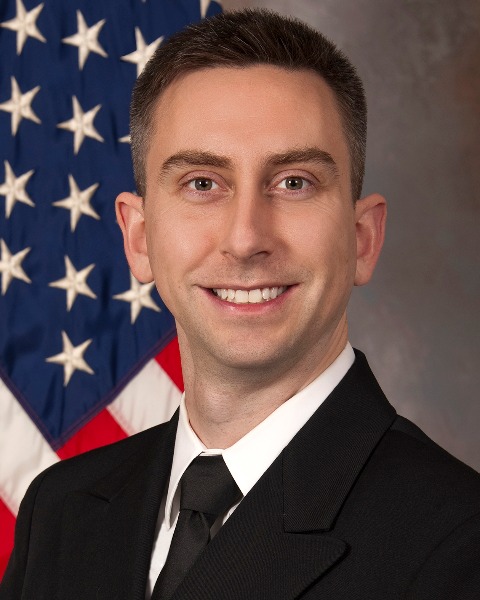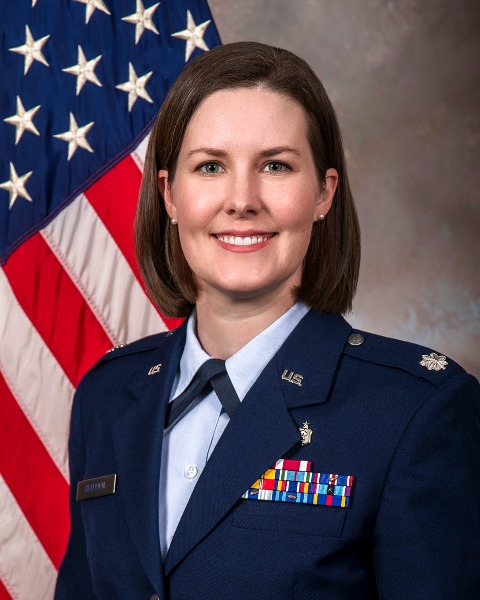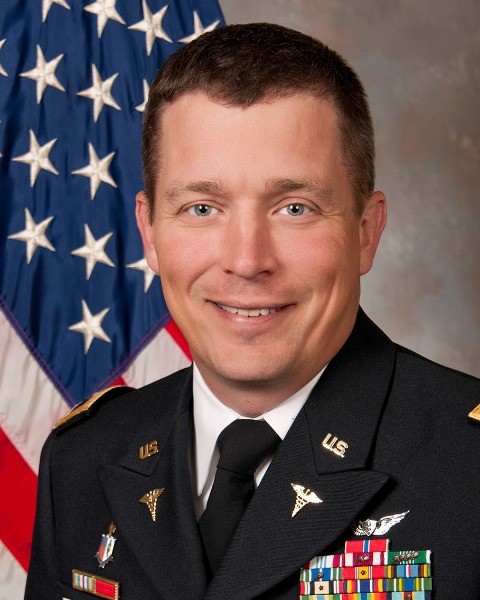Medical Education
Academic and Research Skills
Curriculum Development for Pediatric Humanitarian and Disaster Response Training
-
MK
Michelle Kiger, MD, PhD
Associate Professor
University of Colorado School of Medicine
Highlands Ranch, Colorado, United States -

Sebastian Lara, MD, MA
Clinical Associate Professor
Uniformed Services University of the Health Sciences F. Edward Hebert School of Medicine
Catania, Sicilia, Italy -

Alison Helfrich, DO, MPH (she/her/hers)
Assistant Professor
Uniformed Services University of the Health Sciences F. Edward Hebert School of Medicine
Rockville, Maryland, United States -
LW
Lauren Wolf, M.D., MSHS (she/her/hers)
Chief, AFMED Operational Quality
Uniformed Services University of the Health Sciences F. Edward Hebert School of Medicine
Falls Church, Virginia, United States -

Patrick Hickey, MD
Professor and Chair of Pediatrics
Uniformed Services University
Bethesda, Maryland, United States
Leader(s)
Co-Leader(s)
Workshop
Description: Global health curricula are increasingly common within medical schools and pediatric residency programs, and humanitarian and disaster relief operations are an important element of such training. Pediatricians in the U.S. military frequently play a large role in these operations, and the military employs a course known as the Military Medical Humanitarian Assistance Course (MMHAC) to train residents and faculty for this work. The MMHAC covers three categories of topics: (1) medical management of infectious diseases, malnutrition, and diarrhea and dehydration; (2) logistical and public health principles; and (3) ethical considerations. Lessons learned from teaching and revising this course for over 20 years, along with experiences of military physicians recently involved in humanitarian support of displaced persons from Afghanistan, can inform curricula in civilian medical schools and pediatric residency programs wishing to build or augment training in global health for their learners. In this workshop, we will provide an outline for building or expanding humanitarian and disaster response training for pediatric learners based on Kern’s six-step approach to curriculum development, with a focus on active learning from the MMHAC. Lessons and exercises from this workshop can be applied to a short-exposure course or as part of a larger global health elective or track. Participants will be able to experience hands-on, interactive activities from the MMHAC that they can incorporate or adapt into their own curricula. These team-based activities are what military physicians who took the course 10 or more years prior still remembered and were able to apply during recent missions.
Learning Objectives:
- Employ Kern’s six-step approach to curriculum development to build and/or augment global health training.
- Apply the Sphere standards for humanitarian disaster response to an interactive team-based exercise.
- Discuss ethical dilemmas encountered during humanitarian and disaster response missions through discussion of three real-life cases.
